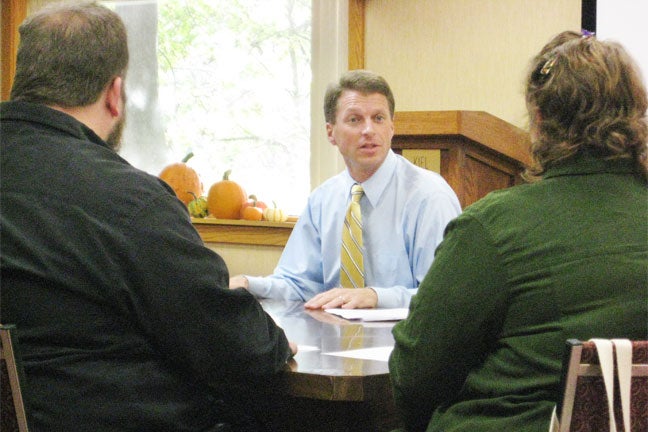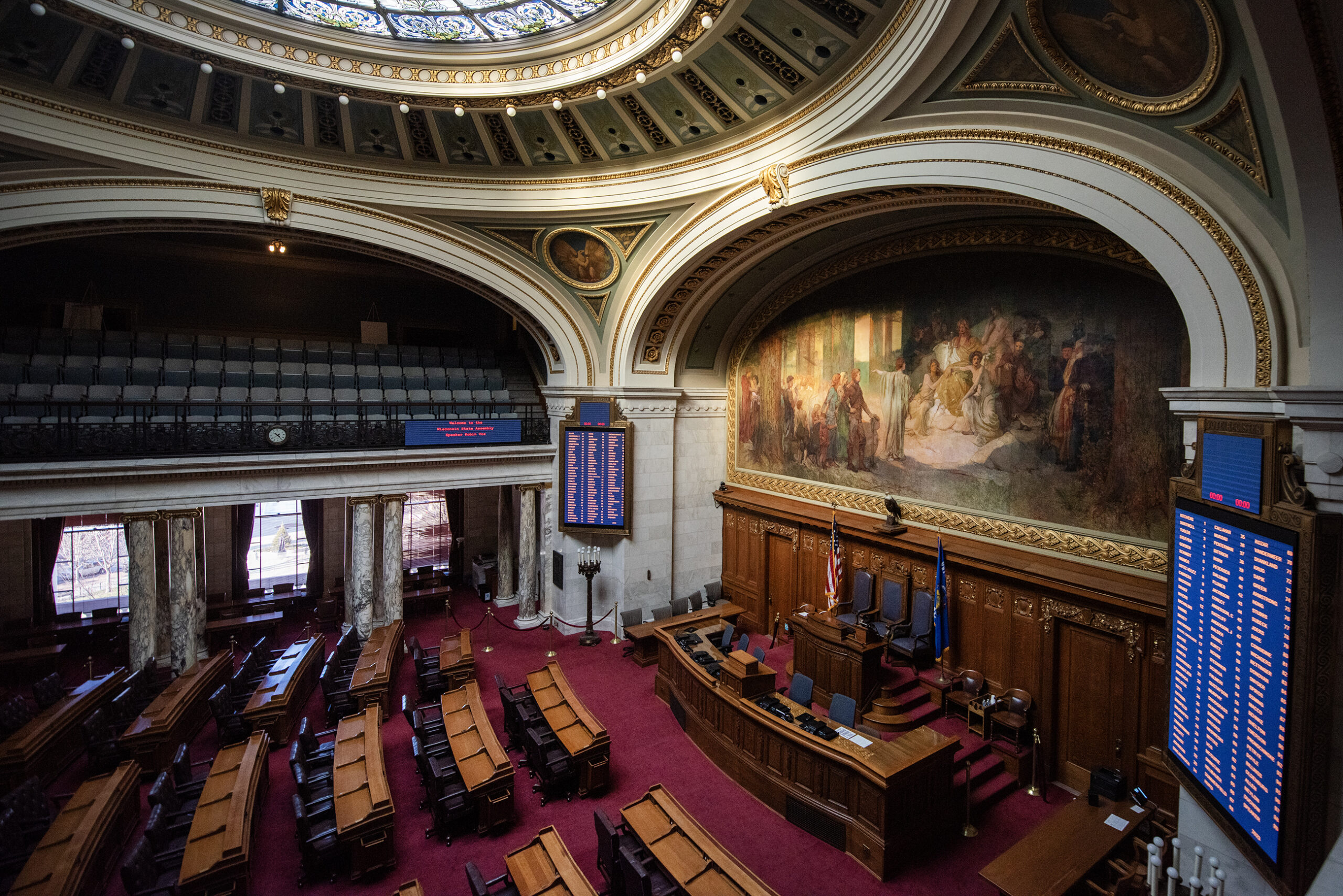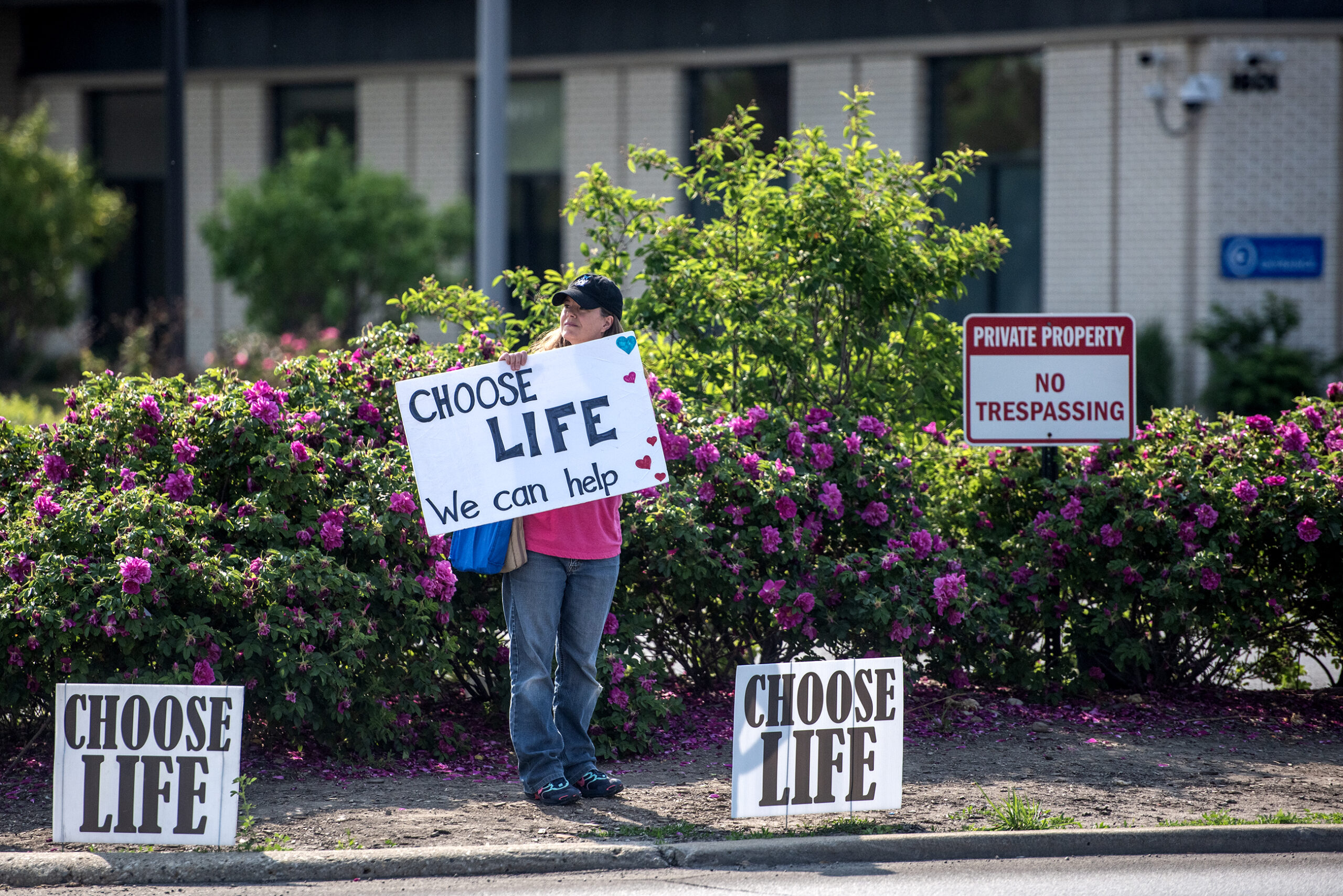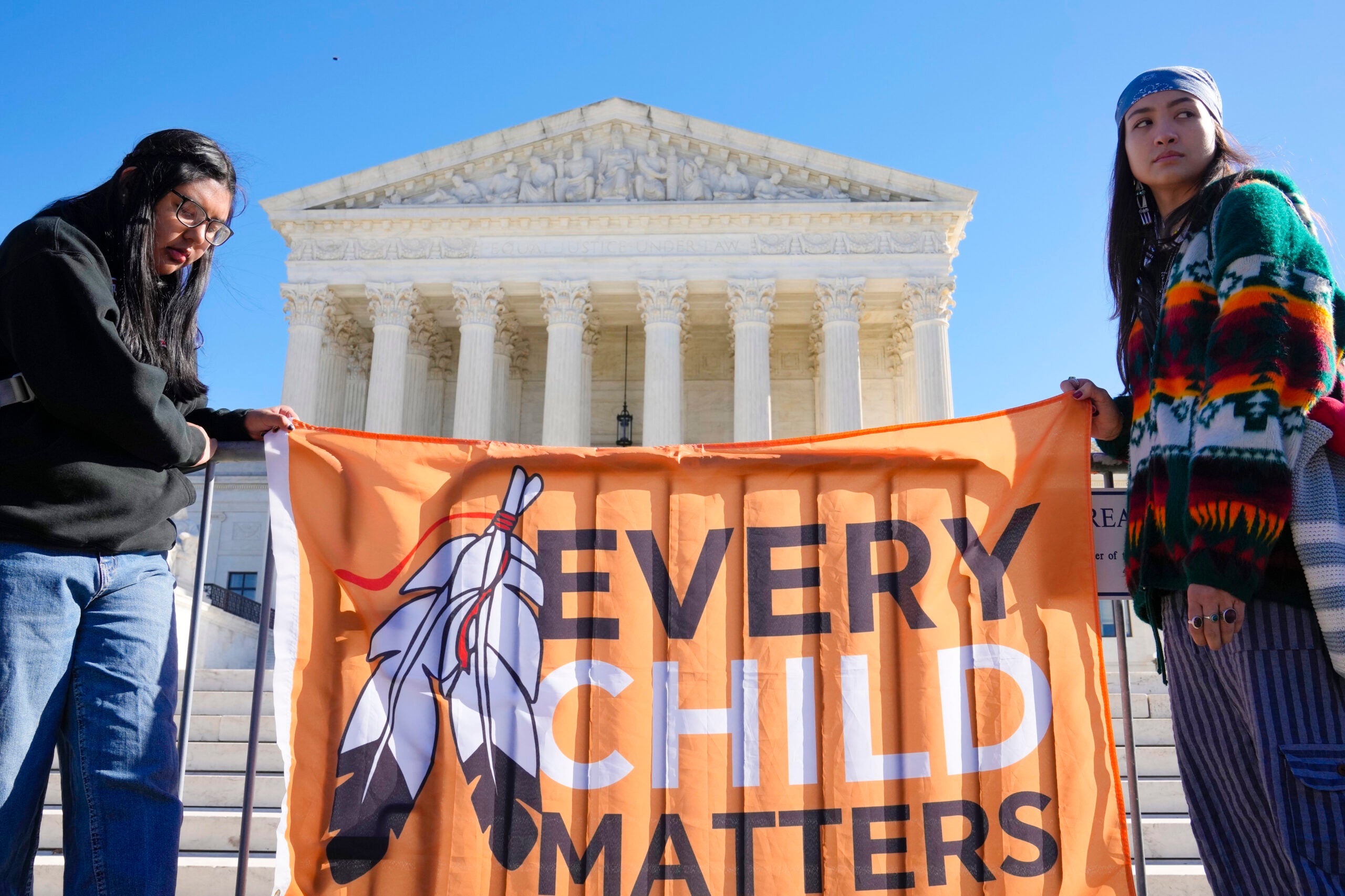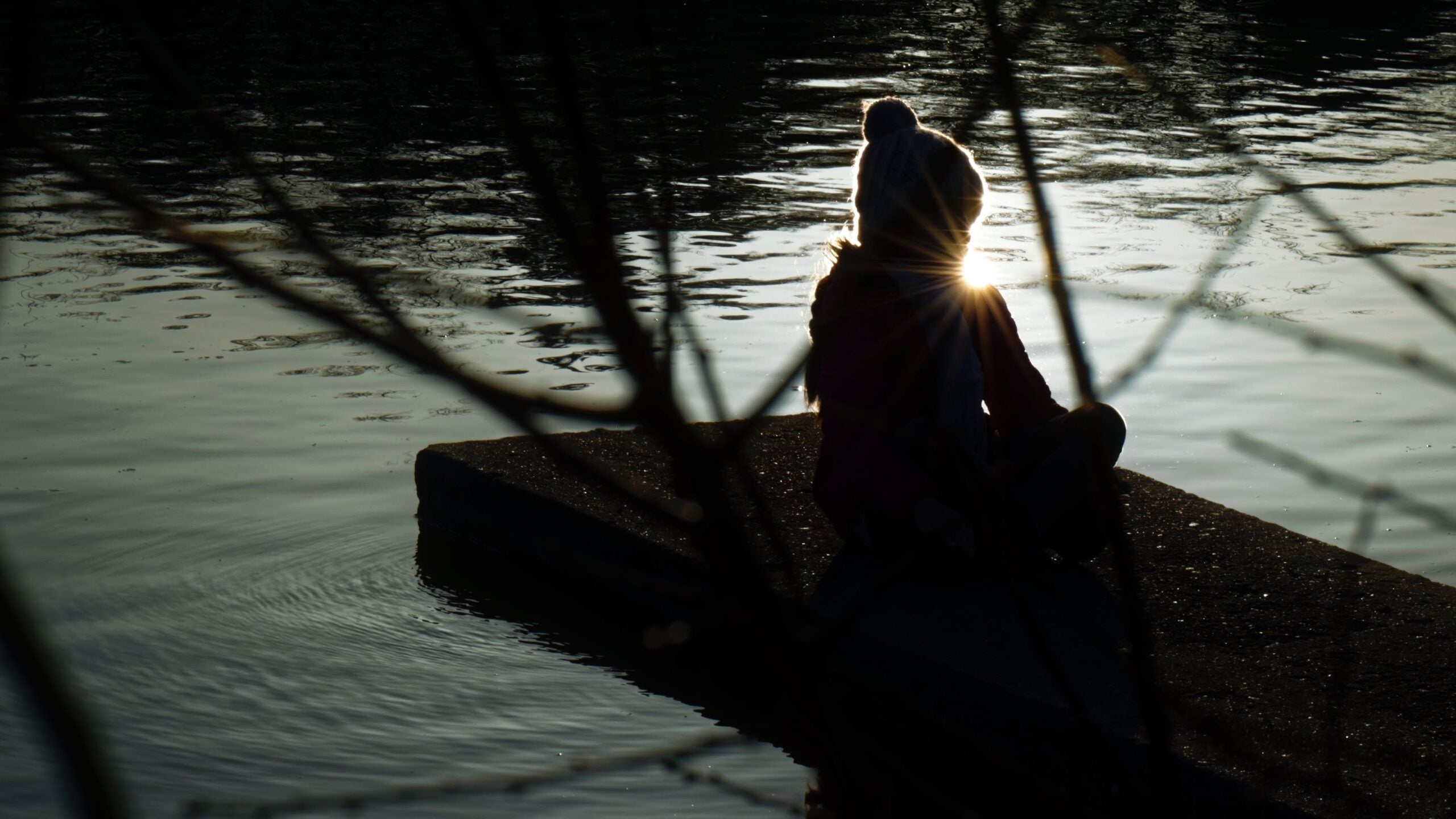The state Senate held a hearing this week on bill that addresses what one lawmaker calls the “confusing” and “concerning” practice of re-homing of adopted children.
The issue of re-homing made headlines a few months ago after a Reuters investigation revealed that people were advertising unwanted adopted children using the Internet and passing them on to others with little to no regulation. Wisconsin made an appearance in the investigation – the Reuters series highlighted a case of re-homing that started in the state.
State Sen. Joe Leibham, R-Sheboygan, a sponsor of the bill, said the goal is to protect the interest of children involved in re-homing situations.
Stay informed on the latest news
Sign up for WPR’s email newsletter.
“When I first heard of this, I’m like ‘C’mon. This can’t even really be happening, can it?’” said Leibham. “But it is. Instead of formally releasing their adoptive and parental powers, (the adoptive individuals) delegate these powers to individuals that have had no real thorough review.”
The bill adds the Internet to the list of places where people can’t advertise adopted children. Newspapers and phone books are already on that list.
The bill also makes it so that if a family wants to delegate their parental powers for more than a year, a juvenile court petition is required for them to do so. The legislation also sets a fine and potential imprisonment for unauthorized interstate placements of children and creates a joint legislative committee which will further study the issue.
Stephanie Lozano, an Indian child welfare coordinator for the Ho-Chunk Nation Child and Family Services, said they’re worried the bill may impact the placement of Indian children.
“One of our biggest concerns is the potential violation for placement preferences that is outlined in the federal and state law, that basically said that an Indian child should be placed with Indian relatives or a member of their own tribe,” said Lozano.
Leibham says there’s an amendment that will be proposed that requires a court to take state or federal Indian child laws into consideration when appropriate. The bill may be voted on in the Senate’s Health and Human Services Committee as soon as next week.
Wisconsin Public Radio, © Copyright 2024, Board of Regents of the University of Wisconsin System and Wisconsin Educational Communications Board.

